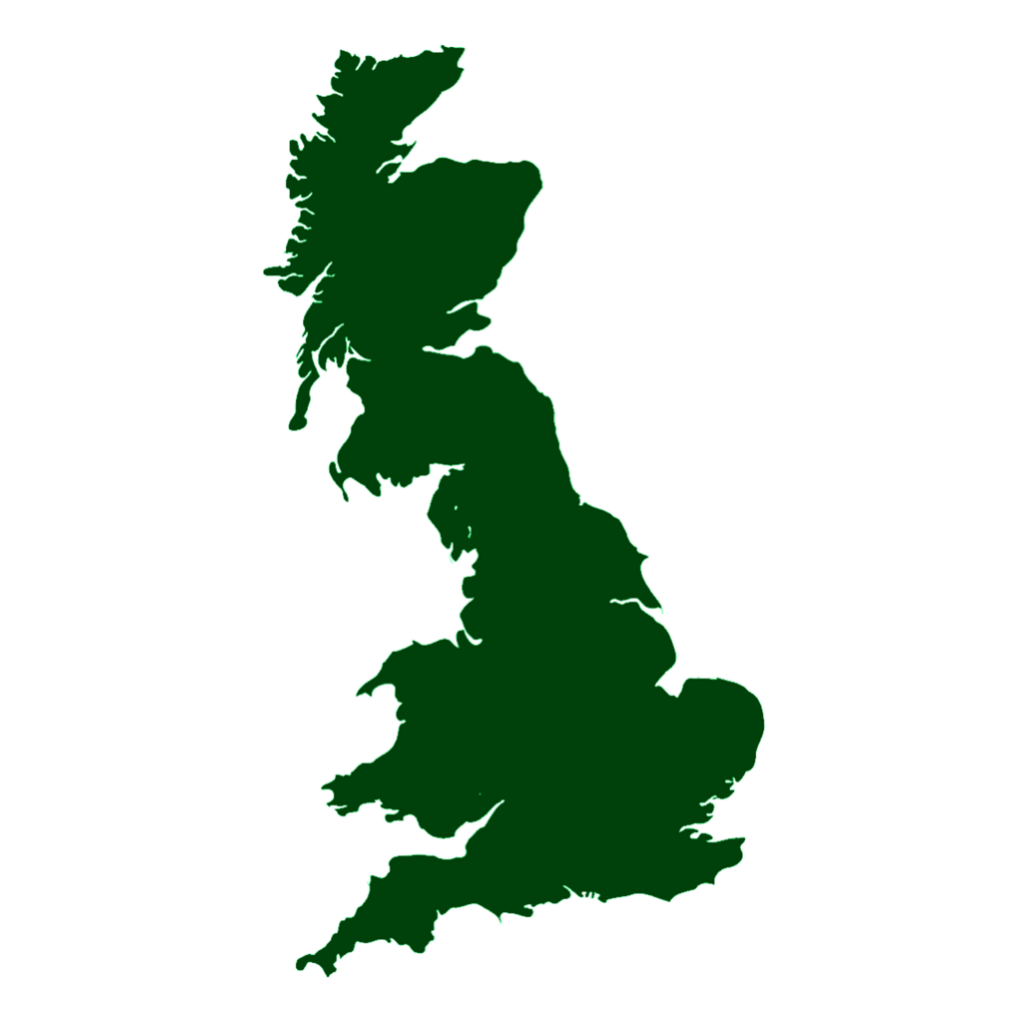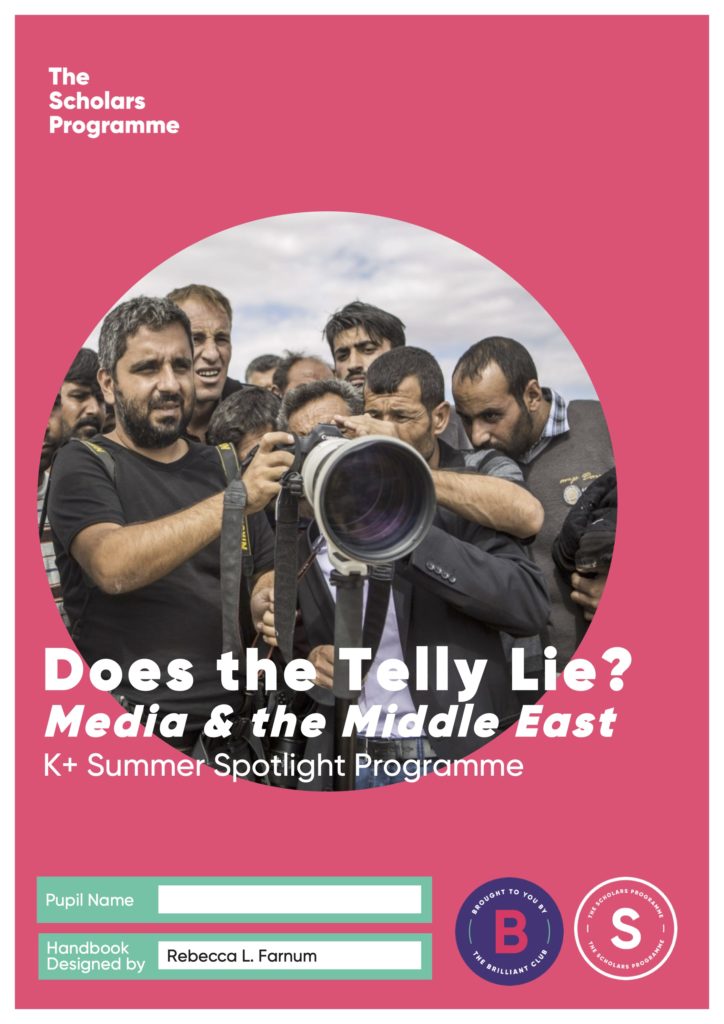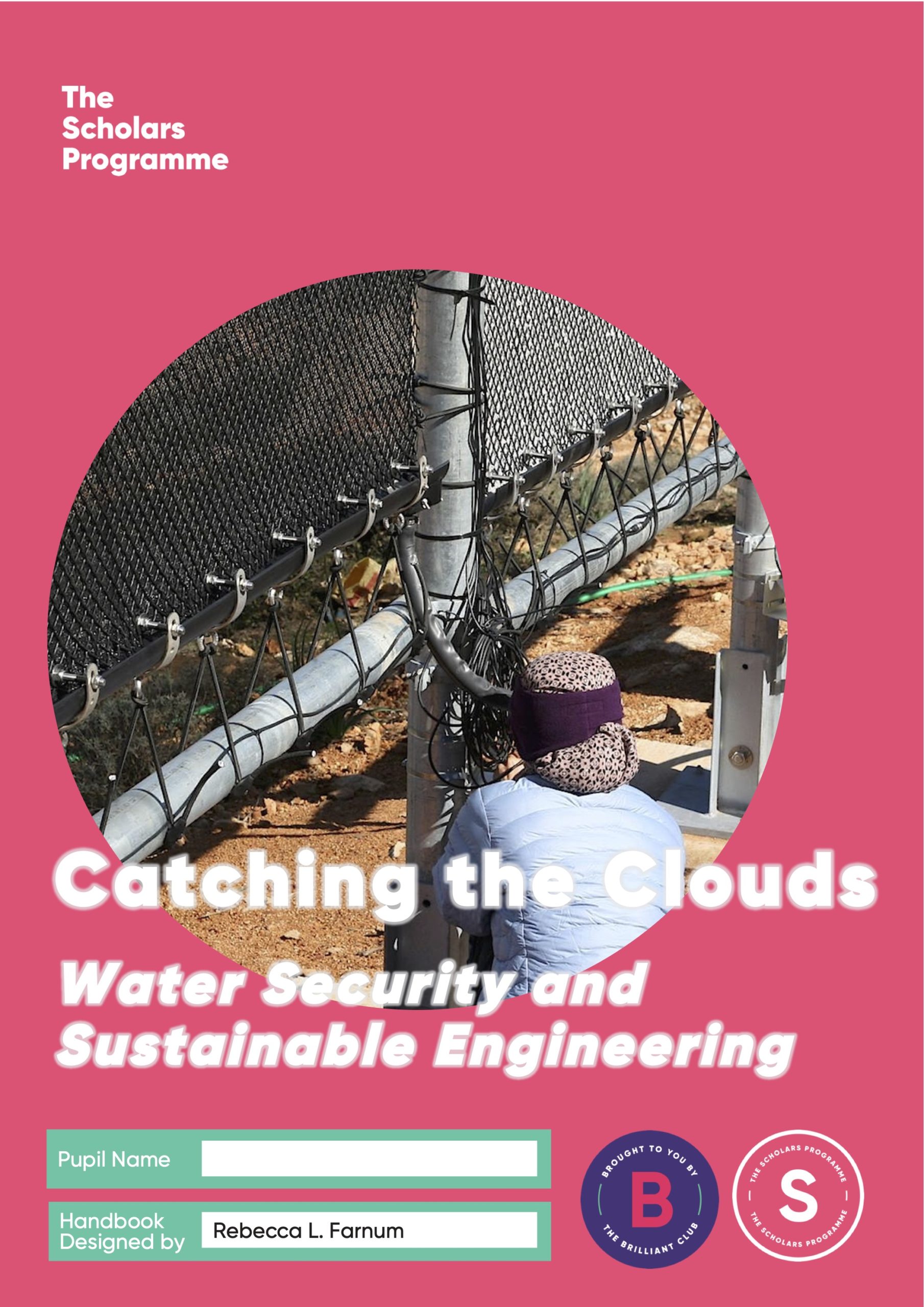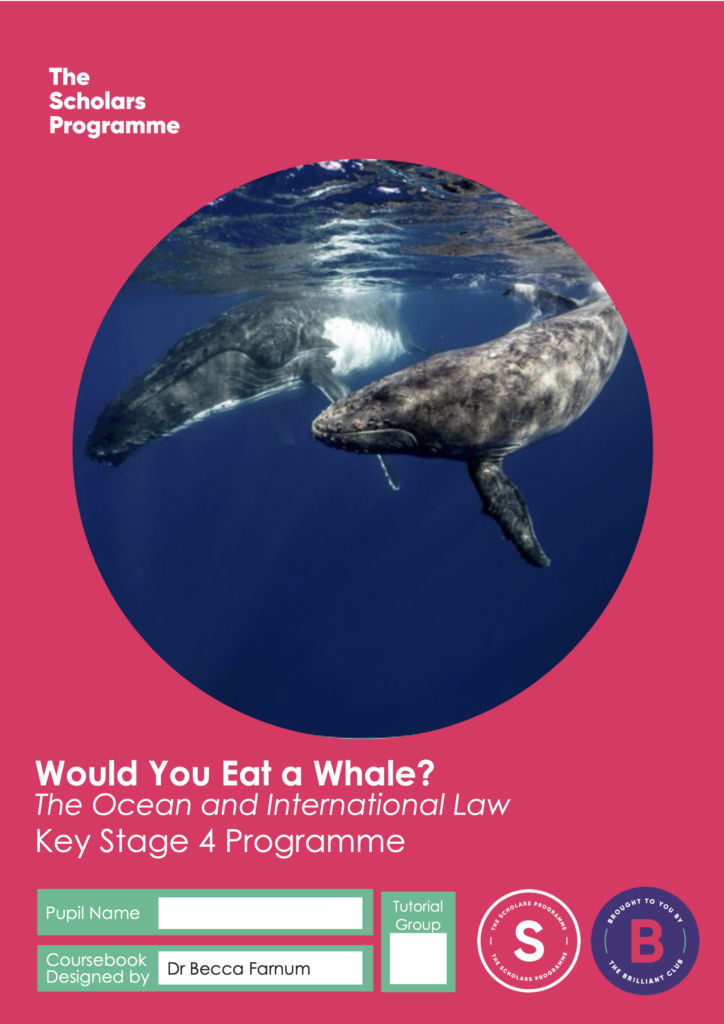SYRACUSE UNIVERSITY LONDON
undergraduate courses on environmental justice and anti-colonialism

AMERICA, THE MUSICAL
Reflections on the US through Stage & Song
a critical race theory take on musical theatre history, addressing how Broadway repackages foundational myths, social struggles, and cultural values in the US

CLIMATES OF RESISTANCE
Environmental Racism & Collective Action
a systemic assessment of environmental injustices around the world with particular attention to the active resistance of marginalised communities

GREEN BRITAIN?
Science, Devolution, and Climate Controversies
field studies examination of British geological histories alongside consideration of how political devolution is affecting environmental governance
THE BRILLIANT CLUB
widening participation through interdisciplinary seminars for disadvantaged pupils

DOES THE TELLY LIE?
Media and the Middle East
an epistemological study of how ‘fact’ is created and how we can evaluate truth claims, taught through regional studies and a nuanced exploration of news coverage

CATCHING THE CLOUDS
Water Security and Sustainable Engineering
an interdisciplinary STEM course using the world’s largest fog-harvesting system to examine the role of community-led engineering in sustainable development

WOULD YOU EAT A WHALE?
The Ocean and International Law
an introduction to international legal systems and marine conservation science via ethical and environmental controversies surrounding whaling practices

